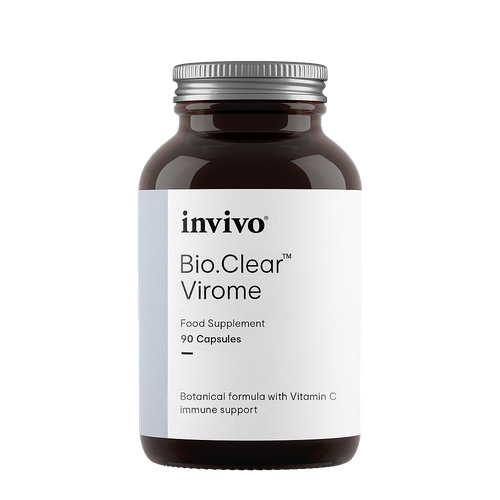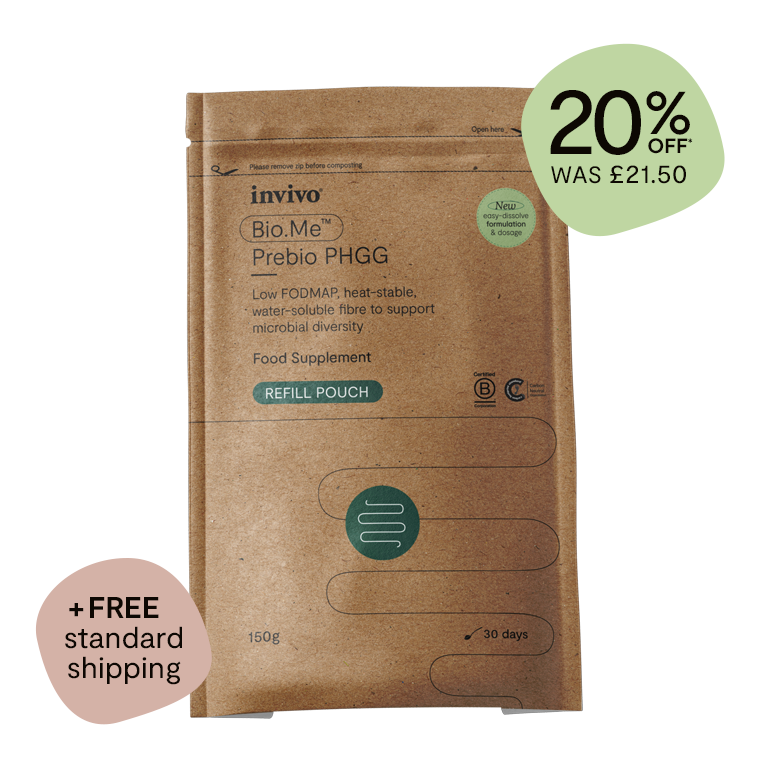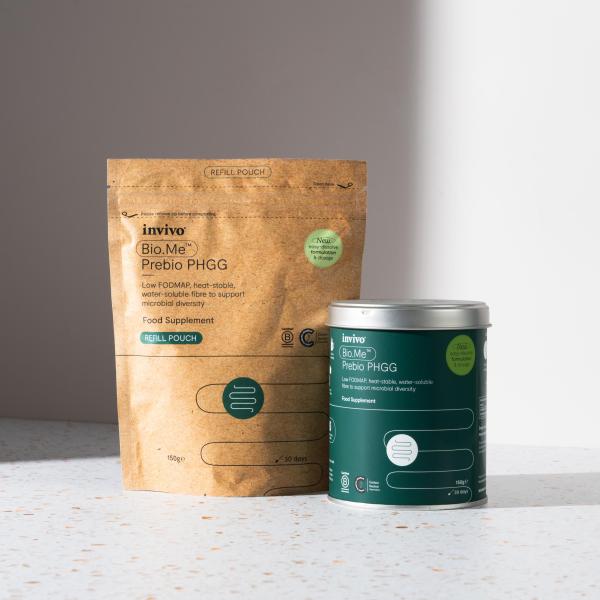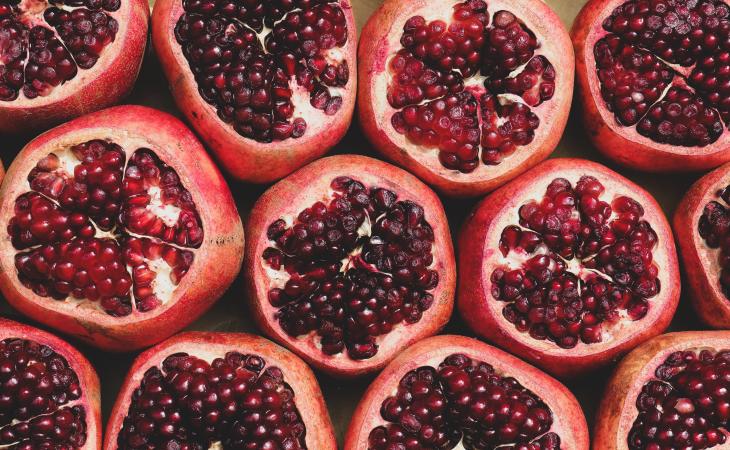Proanthocyanidin administration has been shown to increase Akkermansia and mucus production (1). Akkermansia has been postulated as a ‘bacterial weapon to fight chronic inflammatory diseases’, (1) since it has been shown to increase Muc2 mRNA, thus improving mucus layer thickness. Additionally, it has been shown to improve the integrity of the intestinal epithelium (2). This suggests that polyphenolic mixtures are able to modulate the gut ecosystem, favouring the presence of Akkermansia.
The polyphenol catechin has been shown to significantly inhibit proliferation of the potentially pathogenic Clostridium histolyticum, as well as increase the growth of the beneficial bacterial group Clostridium coccoides–Eubacterium rectale (p<0.001), Lactobacillus spp. and Bifidobacterium spp. (p<0.05) (3). Ellagitannins, have been shown to be strong inhibitors of Staphylococcus (4).
Polyphenols, such as ellagic acid from ellagitannins, have anti-inflammatory and anti-ulcer properties (5). The anti-ulcer mechanism of action is partially attributed to the inhibitory effect on the gastric H+, K+-ATPase, in addition to the anti-H. pylori activity (6). There are multiple targets for these polyphenolic compounds, with the main effects being due to the inhibition of the expression and secretion of several inflammatory mediators. These include IL-6, IL-8, MCP-1, iNOS, COX-2, and PGE2, as well as inhibition of the NF-κB pathway and the MAPKs system (5).
Blackcurrant & cognition
Polyphenols, that are abundant in blackcurrant, have been shown to inhibit the formation and extension of β-Amyloid (Aβ) fibrils and to destabilise preformed Aβ fibrils in vitro, as well as inhibit Aβ-induced reactive oxygen species (7).
Anthocyanins, their aglycones and phenolic acids have been shown to have monoamine oxidase (MAO) inhibitory effects. The MAO enzymes directly produce hydrogen peroxide as they metabolise monoamines. Inhibition of these may reduce oxidative stress associated with this process and lead to increased concentrations of these monoamine neurotransmitters, essential for normal cognitive function and mood.
Three published peer-reviewed intervention studies have demonstrated positive effects of berry consumption on human behaviour, affecting verbal memory and spatial memory after supplementation (8, 9) and in adults with age related memory decline (10).
A randomised, double-blind, placebo-controlled, crossover study was recently conducted using 36 healthy young participants (18–35 years). Findings from the intervention illustrate several cognitive benefits of acute blackcurrant supplementation and the first description of a clinically significant inhibition of monoamine oxidases (p<0.001) and a decrease in platelet MOA-B activity compared to control (p<0.001) (11). Additionally, there was a significant effect of interventions (p<0.001) on plasma concentrations of dihydroxyphenylglycine (DHPG) compared to control (11). DHPG has been investigated for therapeutic effects in the intervention of neuronal injury, such as Alzheimer’s and for cognitive enhancement.




